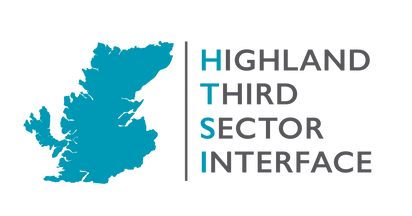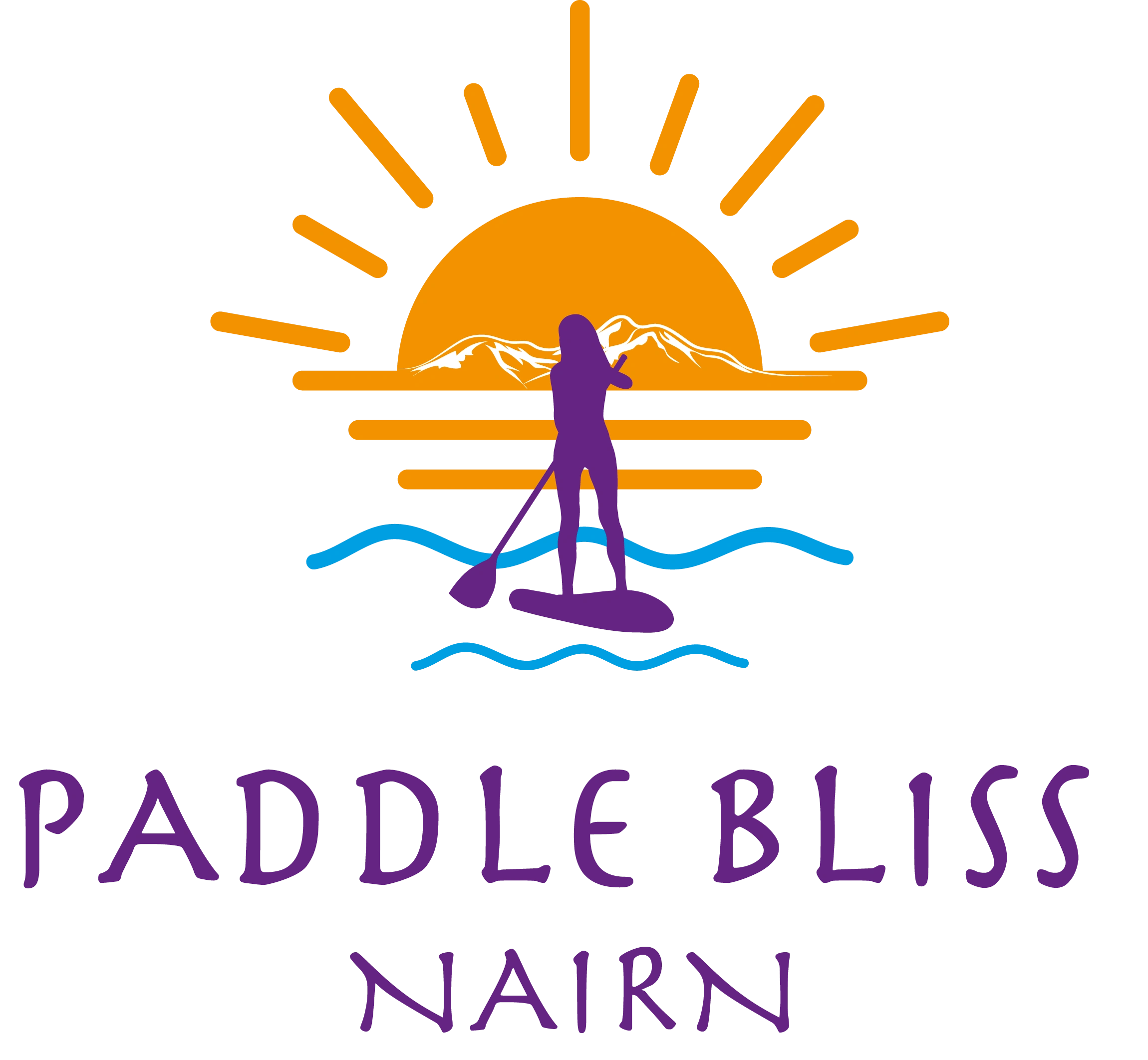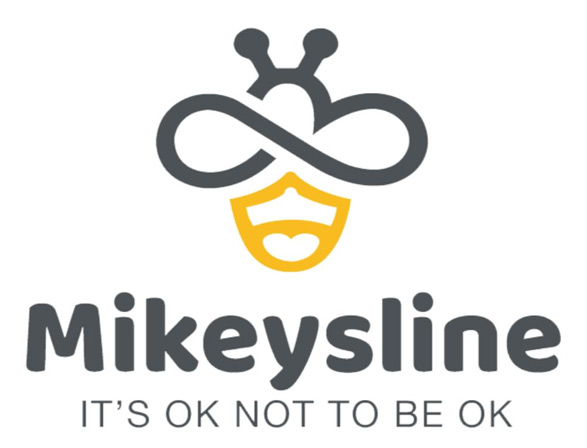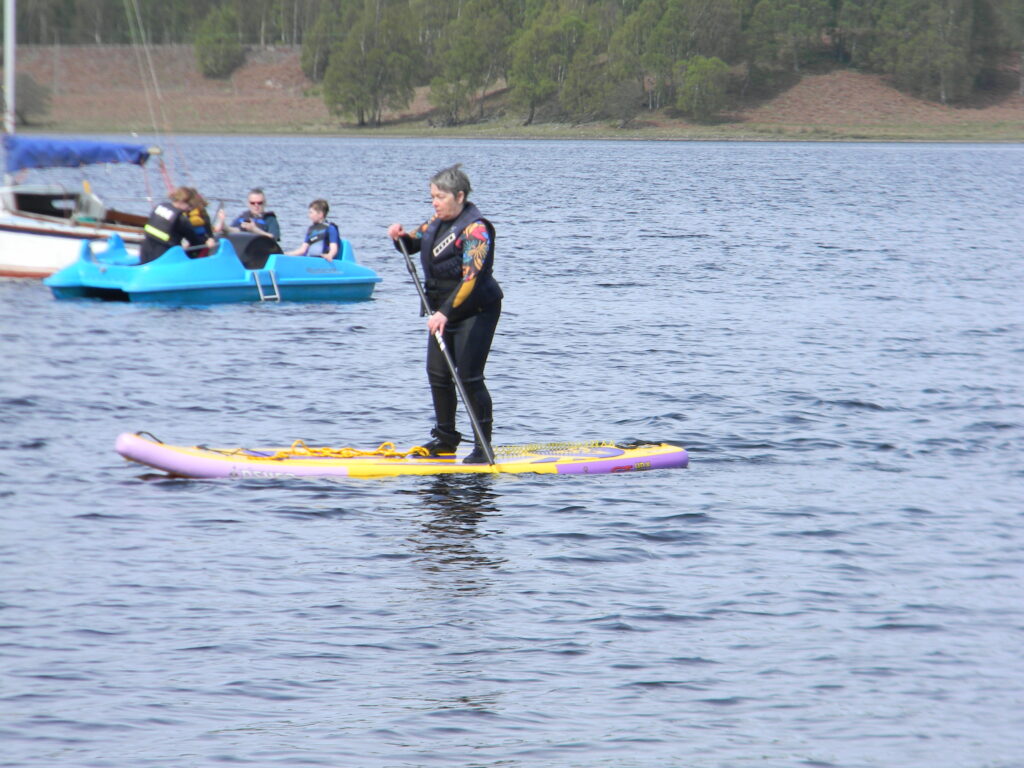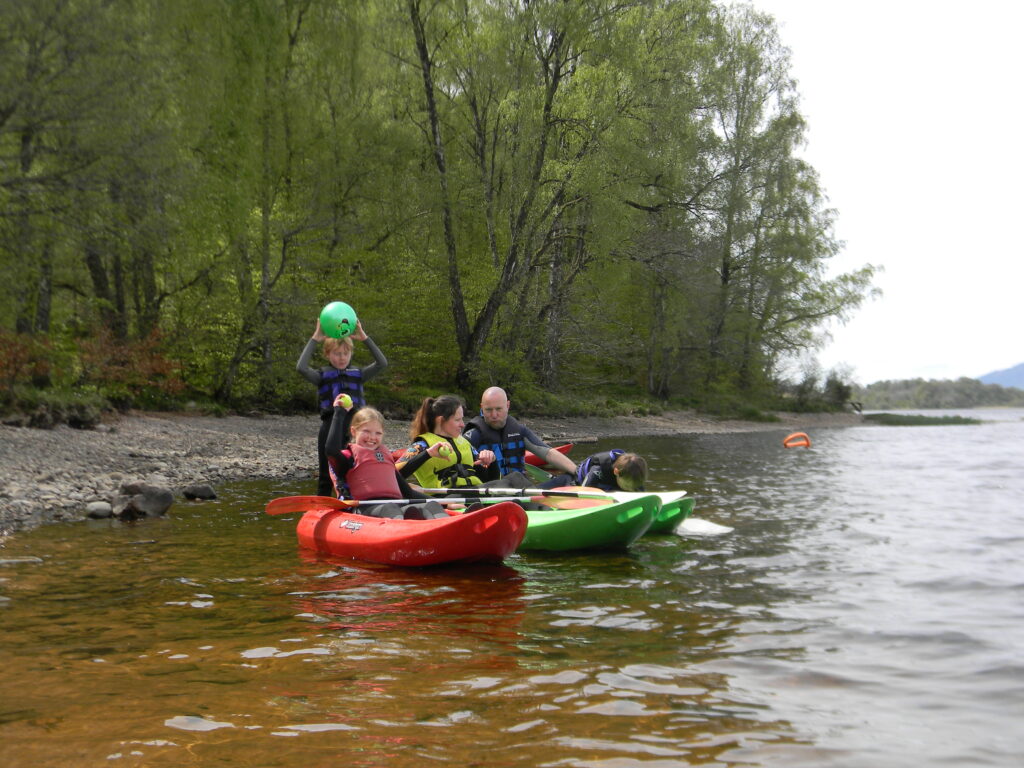in action
The human connection with water has long been recognized as a powerful source of well-being and mental health benefits. Whether it’s the rhythmic sound of waves crashing on a shore, the tranquil flow of a river, or the stillness of a reflective lake, water has a profound impact on our overall sense of wellness.

Helping those who put others ahead of themselves…
Our mission includes a very clear intention to address the mental health challenges faced by those who ‘just get on with it’ and put the welfare of others ahead of themselves. Single parents, carers, emergency workers, low-income families are all examples of people who focus their lives to making everything better for everyone but themselves.

- Calming Influence: Water has an inherent ability to induce a sense of calm and tranquility. The gentle lapping of waves, the soothing sound of running water, or the peacefulness of a still pond can trigger a relaxation response in the human brain. This calming influence helps reduce stress levels, promote a feeling of serenity, and alleviate anxiety.
- Connection with Nature: Being near water allows individuals to connect with nature in a unique and immersive way. The sights, sounds, and smells associated with water environments create a multisensory experience that fosters a deep connection with the natural world. This connection has been linked to improved mood, increased feelings of vitality, and a sense of being part of something larger than oneself.
- Mindfulness and Reflection: Water environments provide an ideal setting for mindfulness and reflection. Whether it’s watching the ebb and flow of tides, observing the play of sunlight on water surfaces, or simply gazing into the horizon, these experiences encourage individuals to be present in the moment. Such mindfulness practices are known to enhance mental clarity, focus, and a sense of gratitude.
- Physical Activity and Well-being: Engaging with water often involves physical activities such as swimming, kayaking, or even leisurely walks along the shore. Regular physical activity has well-established benefits for mental health, including the release of endorphins, improved sleep quality, and reduced symptoms of depression and anxiety.
- Stress Reduction: The mere presence of water has been associated with stress reduction. Studies have shown that environments with water elements can have a positive impact on the autonomic nervous system, leading to decreased physiological indicators of stress, such as lower heart rate and blood pressure.
- Restorative Environments: Water is often considered a “restorative environment” that facilitates recovery from mental fatigue and enhances overall well-being. Time spent in or near water provides a break from the demands of daily life, allowing individuals to recharge mentally and emotionally.
Fundraising
Our fundraising efforts are focussed on supporting those in need to experience the well-being benefits of blue space for free where possible.
Activities
Our activities are designed around the NHS Five Steps to Wellbeing, providing an excellent insight into how water-based activity can affect mood and emotional wellness.
Partnerships
Our funders are committed to supporting the wellbeing of the communities of the Highlands. Our providers are all mental health first aid trained and are highly skilled coaches with a genuine empathy for those new to paddling.
Our Partners

